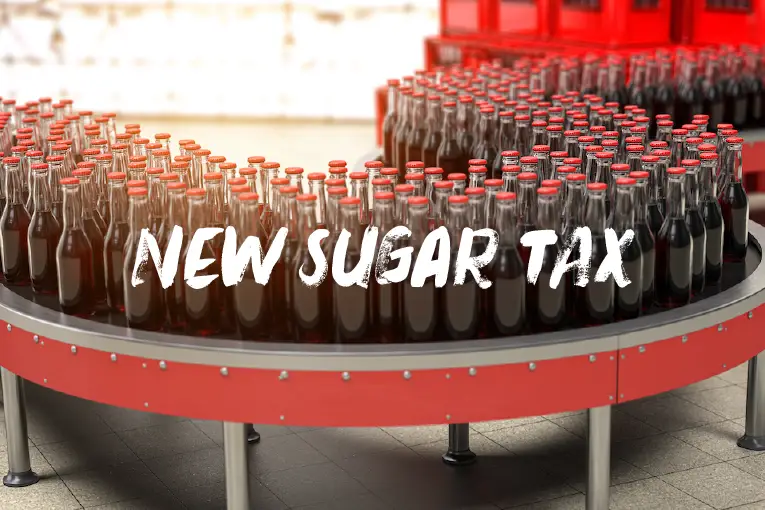In an effort to curb rising obesity rates, many U.S. cities and states have begun taxing junk food and sweetened beverages. The tax is typically levied on the manufacturer or distributor, which then raises the price of the product for consumers. While some people argue that these taxes are regressive and unfairly target the poor, research has shown that they can be effective in reducing consumption of unhealthy foods. In one study, a tax on sugary drinks in Berkeley, California led to a reduction in consumption of sugary drinks by over 20%. Similar taxes have also been shown to reduce consumption of other unhealthy foods, such as junk food. While there is still debate about the best way to address obesity, it is clear that taxation is one tool that can be used to discourage the consumption of unhealthy foods.
The tax on sugary drinks is coming into effect soon, and some are calling for junk food to be next. The tax is expected to raise the price of a 2-litre bottle of soda by about $0.30, and some say that junk food should be subject to a similar tax. After all, both types of food are high in sugar and empty calories, and both can contribute to obesity and other health problems. Some people argue that tax junk food would be unfair because it would target poor people who can’t afford to eat healthy food. However, others point out that many poor people already pay more for food thanks to the “poverty tax” – the higher prices they pay for basic necessities like food, transportation, and housing. In any case, it’s clear that something needs to be done about the growing problem of obesity, and taxing junk food may be one way to help encourage people to make healthier choices.
In the United State, it been alleged that The Department of Health (DOH) is pushing for additional taxes on junk food and sweetened beverages, as it seeks to address obesity in the country and boost revenues for the universal healthcare program. According to DOH Officer in Charge Maria Rosario Vergeire, imposing additional taxes on the said products would lessen consumption, as seen when taxes were imposed on alcoholic drinks and tobacco products.



